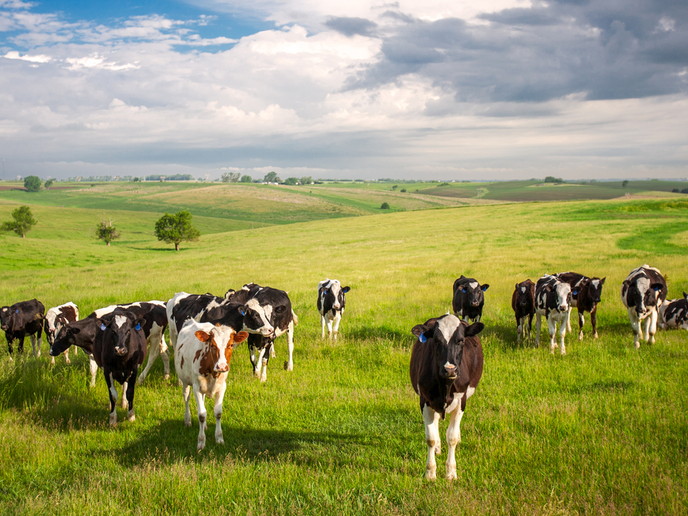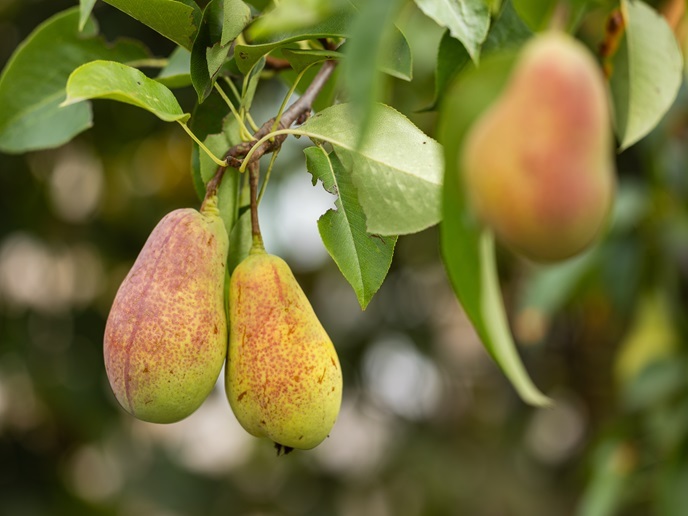Sustainable food waste reduction solutions bolster our bioeconomy
The United Nations Department of Economic and Social Affairs has estimated that agricultural and food production must increase by two thirds by 2050 to feed an additional 2 billion people. Yet around one third of the food produced — approximately 1.3 billion tonnes each year — gets lost or wasted. Within Europe alone approximately 700 million tonnes of agricultural waste is generated annually. Hence, there is an urgent need to ensure the efficient use of agricultural wastes, co-products and by-products (AWCB) and create sustainable value chains in the farming and processing sectors. The EU-funded AgroCycle(opens in new window) project addressed the problem of waste from several agricultural sectors including wine, olive oil, horticulture, fruit, grassland, pigs, dairy and poultry. The consortium comprised a multi-national group made up of 26 partner organisations from China and Europe. Members included researchers, companies in the technical, manufacturing, advisory and retail sectors (both large and SMEs), end users, and trade/producer associations.
Increased understanding of waste streams
The initiative aimed to convert low-value agricultural waste into highly valuable products, achieving a 10% increase in waste recycling and valorisation by 2020. “This can be attained by developing a detailed and holistic understanding of the waste streams and piloting a key number of waste utilisation/valorisation pathways,” says project coordinator Dr Tom Curran from University College Dublin, in Ireland. Project partners equipped industry with the technologies and knowhow to turn challenges related to reduced margins, resource efficiency and sustainability into business opportunities through the development of innovative applications of AWCB, and the creation of new sustainable value chains. Researchers also designed an agricultural waste value chain assessment to map, characterise and quantify the available AWCB. The consortium evaluated biowaste valorisation options with a focus on biofuels, biofertilisers and agro-industrial wastewater treatment as well as animal manure for high value-added biopolymers, energy and microbial fuel cells. Life cycle assessment and life cycle costing helped determine the environmental and economic sustainability of the valorisation options. A bespoke youth education programme was also developed and piloted by project partner Maynooth University, Ireland.
Benefits for the bioeconomy
In addition, the team developed sustainable value chains and business models to propose better ways of utilising agricultural wastes in the bioeconomy and develop robust new business models. “We developed an online trading platform ‘AgroCycle Marketplace’ to connect producers of agricultural waste, co-products and by-products with those who could use such materials, for example, biogas plant operators,” explains Dr Curran. Circular economy lesson plans have also been developed for use in schools, and teachers can download the lessons from the website freely. The learning materials won an award in the ‘Think Biobased Challenge’(opens in new window). According to Dr Curran, a key contribution that AgroCycle will make is the decoupling of agriculture and industry growth and competitiveness from environmental impact. “The economic development aspirations of our private industry sector are entirely compatible with reducing the impacts of climate change, increasing energy security and ecological diversity in a green economy,” he states. AgroCycle will benefit consumers, farmers, food processors, teachers and school children. “The project will improve the competitiveness of the EU and international agriculture, food and bio-refinery industries. It will also promote rural development through the provision of sustainable supplies of feedstock for biorefineries and active participation in the global industrial business chain,” Dr Curran concludes.







